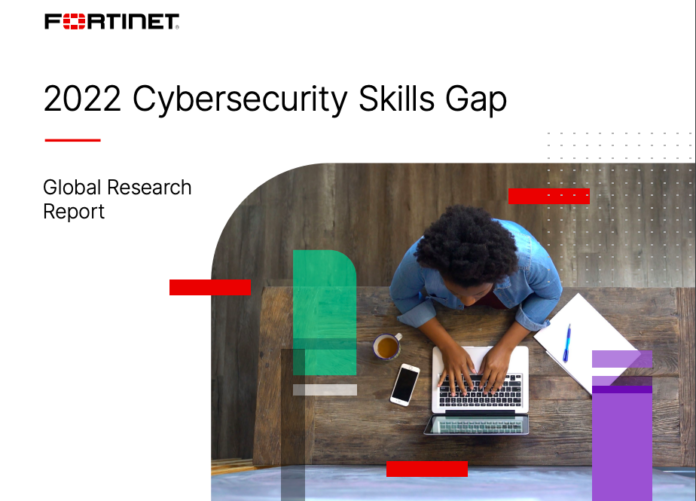The cybersecurity skills shortage continues to have multiple challenges and repercussions for organisations in Asia, including the occurrence of security breaches and subsequently loss of money, according to Fortinet.
The company’s 2022 Cybersecurity Skill Gap report shows that, as a result, the skills gap remains a top concern for C-level executives and is increasingly becoming a board-level priority.
The report covered a survey of 110 IT and cybersecurity decision makers across countries such as Singapore, Thailand, Hong Kong, Philippines, Malaysia and Indonesia. It is part of a global study that covered a total of 1,223 respondents.
Rashish Pandey, Fortinet VP of marketing and communications in Asia, said that 71% of participating companies are facing difficulty in hiring technology-qualified talents for cybersecurity, with 63% agreeing that this skill shortage results in severe cybersecurity consequences for the business.
“As more organisations adopt technology such as cloud and automation, the issue of a lack of cybersecurity experts has been exacerbated,” Pandey said.
The regional report revealed that 97% of leaders believe technology-focused certifications positively impact their role and their team, while 86% of leaders prefer to hire people with certifications.
Additionally, 89% of respondents shared they are willing to pay for an employee to achieve cyber certifications. One major reason for certifications being highly regarded is due to their validation of increased cybersecurity knowledge and awareness.
Besides valuing certifications, 93% of organisations have implemented a training program to increase cyber awareness. However, 51% of leaders believe their employees still lack necessary knowledge, which raises questions about how effective their current security awareness programs are.
A significant challenge for organisations has been finding and retaining the right people to fill critical security roles ranging from cloud security specialists to SOC analysts.
The report found that 60% of leaders in Asia admit their organisation struggles with recruitment and 57% struggle to retain talent.
Among hiring challenges is the recruitment of women (75%), new college graduates (76%) and minorities (62%).
As organisations look to build more capable and more diverse teams, 90% of Asian companies have explicit diversity goals as part of their hiring strategy, according to the report.
The report also demonstrated 75% of organisations have formal structures to specifically recruit more women and 59% have strategies in place to hire minorities. Additionally, 65% of organisations have efforts in place to hire more veterans.xa
















